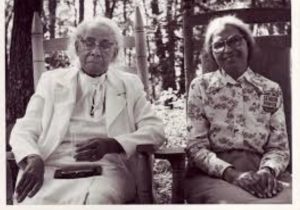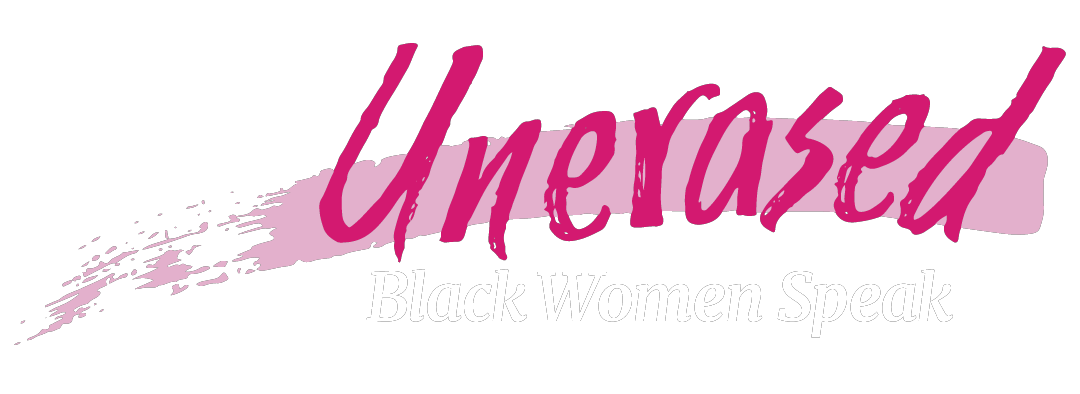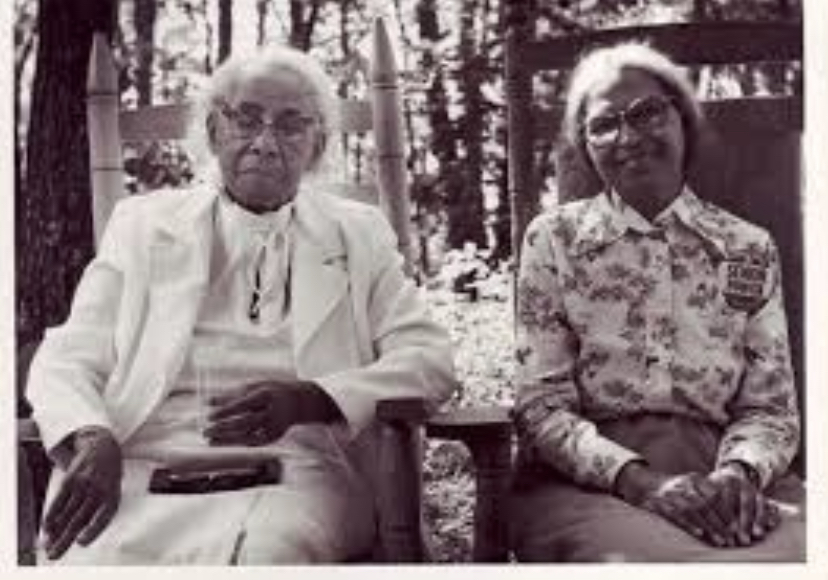 May 3, 1898- December 15, 1987
May 3, 1898- December 15, 1987
The life and times of Septima Clark were punctuated by three milestones in our nation’s troubled racial history: Reconstruction’s violent end, the Great Migration of a defiant Black population and the Civil Rights Movement of the 1960s.
More than a witness to history, Clark helped shape it, responding to voter suppression with the indomitable reframe to teach, giving meaning and momentum to the 20th Century suffragists, mostly unnamed and unsung.
The daughter of a formerly enslaved field hand and laundry woman, Clark was born in Charleston, South Carolina, just two years after the Supreme Court’s notorious Separate but Equal decision legalizing racial segregation.
Clark’s lifelong quest for learning grated against the rigid racial hierarchy of the South. She learned to read and write at a home-based school for girls. It was a fair swap for young Septima who watched her tutor’s children in exchange for her lessons.
Clark transported her acumen as learner and teacher to a makeshift school on John’s Island, the largest of South Carolina’s sea islands, where she earned enough money to enroll in college part-time, eventually earning her bachelor’s and master’s degrees.
Clark was barred as a Black woman from teaching in Charleston’s public schools. Resourcefully, she stitched together a living by teaching children on John’s Island during the day and illiterate adults at night. Lacking text books or school curriculum, she devised creative tools ranging from the Bible to the Sears catalog.
As a young woman, Clark witnessed the terrors of “Red Summer of 1919” when White mobs attacked and killed thousands of Black men, women and children in dozens of cities across the country.
“Nobody could go out. You had to stay in.” Clark recalled in an interview with the Charleston Chronicle, “We had trolley cars then, and these sailors got on and started beating every Black [person] they could find.”
Those early experiences with brutal racial oppression seeded Clark’s activism with the NAACP, spurring petitions, protests and a class-action lawsuit to win equal pay for South Carolina’s Black teachers.
After 40 years of teaching, Clark was fired, and stripped of her pension for refusing to resign from the NAACP.
Resolved to persist as an educator-activist, Clark worked with other foot soldiers to challenge the state’s literacy tests by equipping adult learners with reading lessons. She also conducted workshops at the Highlander Folk School in Monteagle, Tennessee — one of the first integrated, social justice institutes.
“Literacy is liberation,” Clark would frequently tell her adult students as she taught them reading skills, augmented by advocacy on rights as U.S. citizens. Completing voter registration forms and responding to literacy tests were among the staples in her curriculum.
She joined the Southern Christian Leadership Conference to launch the Citizenship Education Program and conducted teacher training and development courses. Clark educated generations of proteges including Alabama activist Rosa Parks.
Reflecting on her life of activism, she said, “I have great belief in the fact that whenever there is chaos, it creates wonderful thinking. ”
For more on Septima Clark’s life check out her memoirs, Ready from Within, and Freedom’s Teacher
American educator, civil rights activist, and “Mother of the Movement” Septima Clark, championed literacy and citizenship workshops to help Black people prevail against racist voter suppression laws of the Jim Crow era.
Click here to view the full video.



